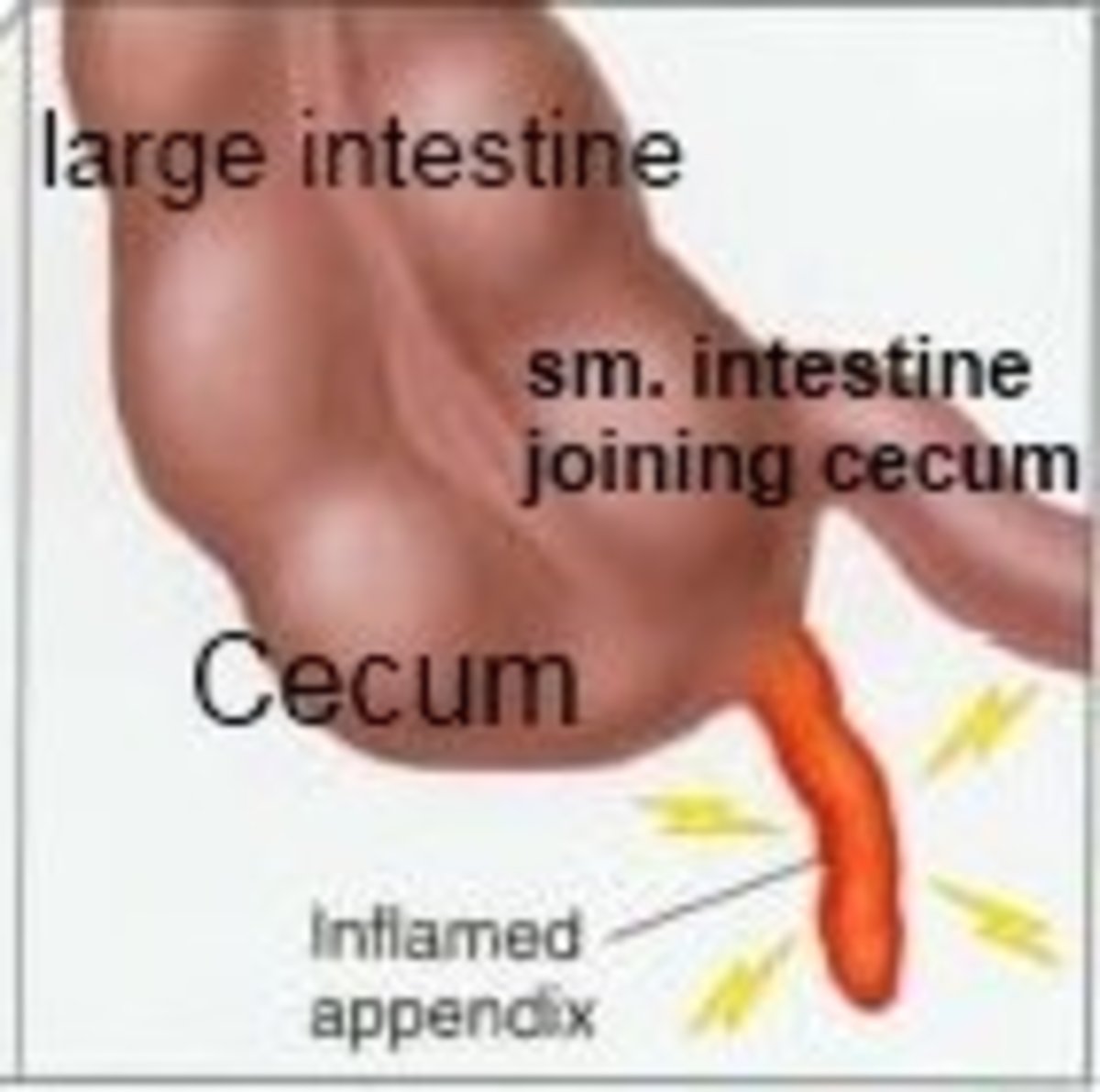Stress Consequences: Effects, Signs and Symptoms of Stress
By understanding stress consequences, including the effects, signs and symptoms of stress, you can make some changes in your lifestyle that can help you avoid the harmful health effects of stress hormones.
Stress is the body’s normal reaction to any situation that requires you to make adjustments. Your reaction to the demands in your life can be as much a source of stress as the stressful events themselves. Your perception of events can maximize or minimize the amount of stress you can experience.
Any change -- whether it’s positive or negative -- can cause stress. The stress response, called the fight-or-flight response, is the body’s normal response to any change or perceived threat. The neuro-chemical and physiological effects of stress is the same whether your body is responding to real or imagined threat.
Stressed Out? Learn the Stress Signs and Symptoms

What Are the Neuro-chemical and Physiological Effects of Stress?
When faced with a stressful situation, the brain sets off an alarm system in the body. Corticotropin-releasing hormone (CRH) and arginine-vasopressin (AVP) are released; these hormones activate neurons in the hypothalamus.
The rapid response to stress -- commonly known as the fight-or-flight response -- involves the autonomic nervous system. It activates the sympathetic nervous system while inhibiting the parasympathetic nervous system; this lead to changes in cardiovascular, respiratory, gastrointestinal, renal and endocrine systems.
The release of CRH and AVP activates the hypothalamic-pituitary-adrenal axis (HPA); the interactions of the hypothalamus, pituitary gland and adrenal glands have significant effects on the neuroendocrine system. In turn, HPA activation results in the release of adrenocorticotropic hormone (ACTH) from the pituitary into the general bloodstream.
Through this complex cascade of hormonal and neuro-chemical signals associated with the rapid response of the brain to stress, the adrenal glands (located on top of the kidneys) are prompted to release a surge of stress hormones, including cortisol and adrenaline.
- Cortisol is the primary stress hormone. It increases the release of stored sugar and increases glucose in the blood stream. It helps the body respond quickly to any threat by increasing available energy. In addition, cortisol inhibits functions that are non-essential in the fight-or-flight response, including processes in the digestive system, immune system, reproductive system, growth and development.
- Adrenaline (also known as epinephrine) is a hormone and neurotransmitter. It increases the respiratory rate, heart rate and blood pressure.
The normal stress response allows the rapid increase of the respiratory rate and heart rate as well as blood pressure. Available energy is increased while digestion and other non-essential processes are decreased. So, the body is primed to fight or take flight and escape, whichever is needed.
The natural stress response is usually self-regulating and short-term. When the threat is gone, your body returns to normal. As your adrenaline and cortisol levels drop, your pulse, breathing and blood pressure as well as energy levels return to their baseline levels. Other systems inhibited by the stress response return to their regular activities.
The Science of Stress: Learn the Neuro-chemical and Physiological Effects of Stress
What Are the Signs and Symptoms of Stress?
Stress symptoms are associated with the release of adrenaline, cortisol and other hormones as well as decreased activity of organ systems during stressful events; these symptoms can include, rapid heart rate and respiratory rate, increased blood pressure, diarrhea or constipation, upset stomach, nausea or vomiting, cold and clammy hands, headache as well as muscular tension.
Signs of stress may be mental, emotional, physical or psychological; these signs can include irritability, restlessness, agitation, moodiness, sleep disturbance, anxiety, social withdrawal or even depression.
Overwhelming stress can lead to burnout. It is a process which results from intensive and long-term stress for workers, entrepreneurs and students as well as moms and dads. The most effective way to avoid burnout is to achieve a healthy balance between work and leisure.
The natural stress response goes awry when stress is constant, prolonged and excessive. In today’s society, most people are inundated with overwhelming stress which can lead to stress-related illnesses.
There are serious stress consequences affecting your body. By making some changes in your lifestyle, you can avoid harmful health effects, signs and symptoms of stress.








